Whether you’re living under an oppressive regime, or are just concerned about being online, VPNs can give you online privacy and security. This post will go over 10 things to look for when buying a VPN service.
You have probably heard of Virtual Private Networks (VPNs). And you might be wondering if you should use one too.
The answer is yes, especially if you care about your security and privacy when browsing online. However, not all VPN services are created equally.
Choosing the right VPN for you can take some time. Therefore I’ve put together a list of 10 things that you should look for when buying a VPN service.
This article is suited for all types of VPN users: streaming videos, gamers trying to improve their lag, protecting their privacy when they torrent, and more.
1. Most Important Thing to look for in a VPN: No Logs
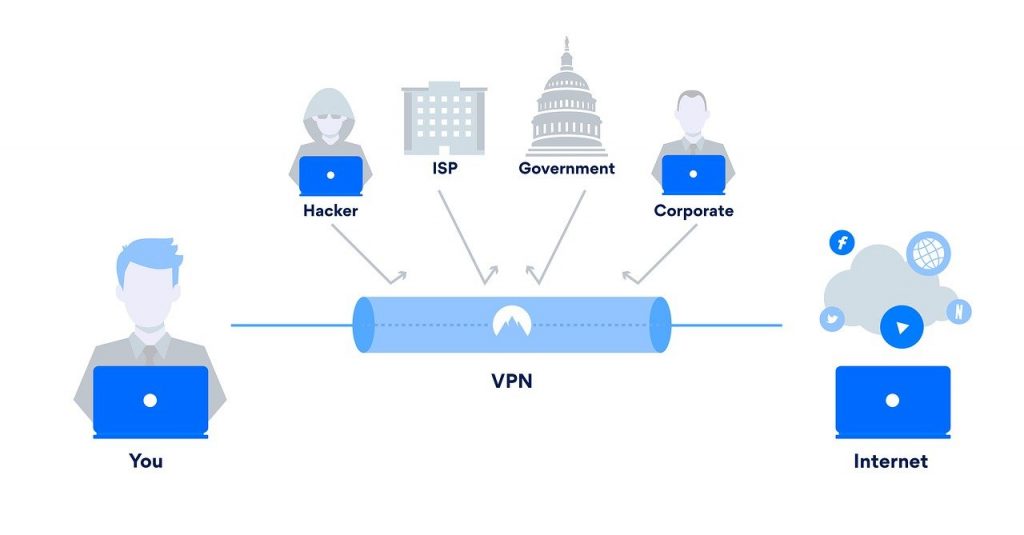
The first thing you should look for in a VPN is that it doesn’t keep any logs.
This means that they don’t track your activity or monitor what you do online — they simply provide the secure tunnel for your data to travel through while you’re connected to their servers.
You can find out what kind of logging a VPN service does by checking out their privacy policy page.
This document tells you how much information the company collects about users, how long it keeps it, and who it shares it with — if anyone at all.
You should also consider what type of encryption scheme they use (if any), whether they take payment information over HTTPS (which means data sent between your computer and theirs is encrypted), which countries they operate servers in (and if they don’t operate servers in any country at all), whether they log traffic or user activity (or both), and what kind of logging they do.
This is crucial when it comes to protecting your privacy because the more logs are kept, the easier it is for them to be accessed by law enforcement or government agencies.
It also makes it easier for someone with malicious intent to gain access to your data through these logs without your knowledge (and without having to hack into the server).
2. Speed
Speed is another important feature that must be taken into account when choosing a VPN service.
If the connection speed is too low, then you may experience problems with streaming video or VoIP calls. So make sure the VPN you choose has good speeds for streaming video and VoIP calls if needed.
We’ve found that some providers have slower servers than others, so if speed is important to you, be sure to check out the reviews first. And don’t worry about download limits; most services allow unlimited downloads within reason so long as they do not affect other users’ experiences.
3. Kill Switch
This feature is crucial for protecting you in case of unexpected disconnections or drops in connection speed.
A kill switch ensures that your real IP address and location are never exposed when your connection drops unexpectedly.
If the service has one, it will shut down any active applications if there’s a threat before allowing them back online again once the threat has passed.
Selecting a VPN with an integrated kill switch will help protect your privacy on untrusted networks.
4. Multi-device support
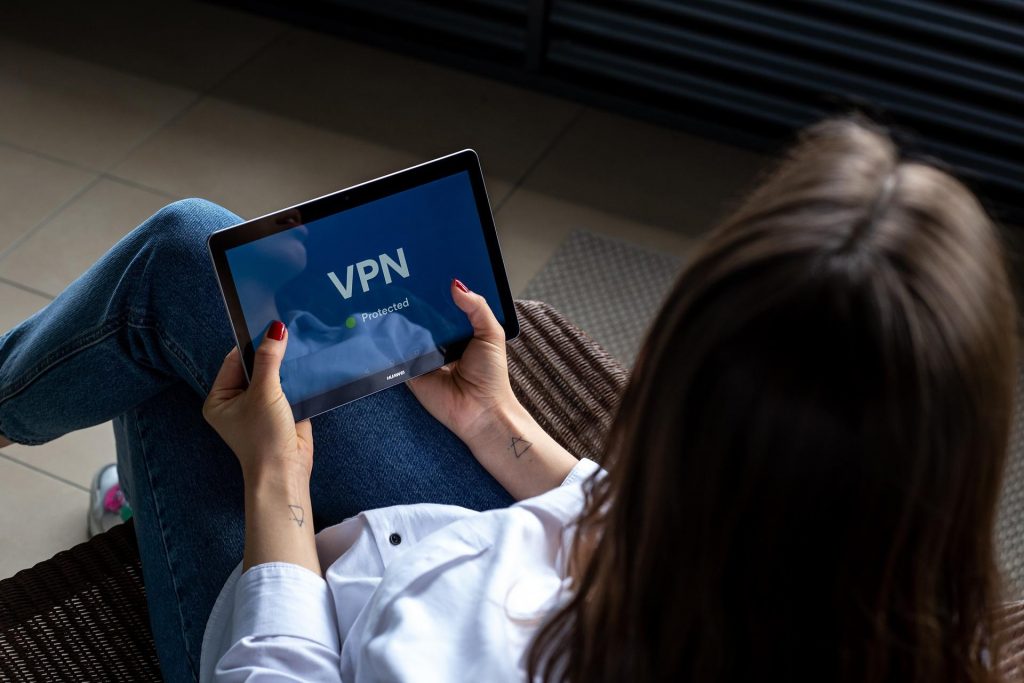
Another thing to look out for when buying a VPN is if you can use multiple devices on the same plan.
These days though, many VPNs offer the ability to install their software on multiple devices, including smartphones and tablets.
This is especially important if you plan to use your VPN while traveling or away from home.
If your VPN allows only one device to connect at a time, but you want to protect every device in your household, take a look at providers that offer multiple connections.
If you share your account with family members or colleagues, this feature may be an essential thing to look out for when you’re shopping for a VPN.
5. Server network size and location
Some VPN services have more than 1,000 servers around the world. Others have fewer than 100. A larger server network means that you can connect to more servers in more countries, increasing your options of getting around geographical restrictions.
In addition, the closer your computer is located to these servers when you’re connected via OpenVPN (or another secure protocol), the faster your connection will be because there’s less distance for data packets to travel over the internet backbone or cellular network.
6. What to look for in a VPN: Great Customer service
Another important thing to look at when choosing a VPN is customer service. If you have questions about your subscription or need help with account issues, you’ll want someone who can give you a quick and helpful response.
Good customer service is especially important if you’re not tech-savvy because it can be difficult to troubleshoot problems on your own.
VPN providers should have 24/7 customer support to help you with any issues that might arise during use.
You should be able to contact them by email or live chat. If you run into trouble with your VPN service, this is the place where you’ll get help fixing it quickly.
7. Encryption protocols
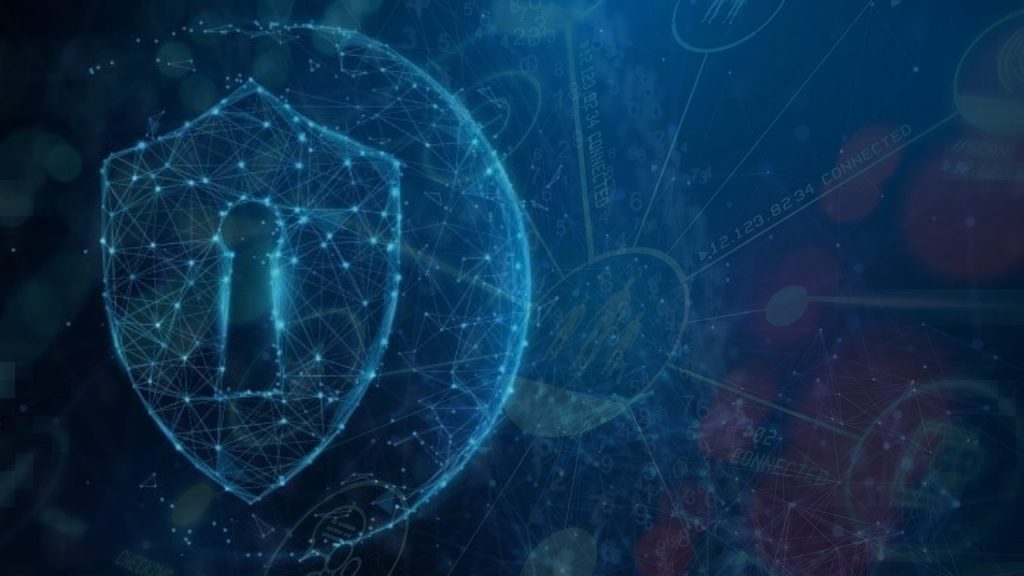
Another crucial factor to consider when choosing a VPN is what encryption protocol it uses.
Encryption protocols are used by VPNs to protect your data from prying eyes as it travels over the internet.
This is especially important if you’re using public Wi-Fi networks that are unsecured — such as those at coffee shops, airports, or hotels — because anyone with access to those networks can see what you’re doing online if they use the same connection as you do.
The most important factor to consider when choosing a VPN is what encryption protocol it uses.
There are several different types of encryption, but the most common one used today is 256-bit OpenVPN encryption with AES-256 encryption keys.
Other popular protocols include L2TP/IPsec (Layer 2 Tunneling Protocol), PPTP (Point-to-Point Tunneling Protocol), SSTP (Secure Socket Tunneling Protocol), and IKEv2/IPSec (Internet Key Exchange version 2/Internet Protocol Security).
The more advanced protocols offer enhanced security features like Perfect Forward Secrecy (PFS) and Stealth Technology, which hide traffic patterns so they can’t be detected by hackers or government agencies looking to monitor online activity.
PFS ensures that each new connection generates a unique key instead of reusing an old one, making it much harder for hackers to break into your connection and steal your data.
Stealth Technology cloaks your traffic so that Internet Service Providers and hackers can’t detect that you’re using a VPN service.
Bottom line: A VPN service must have military-grade encryption. The best VPN services use AES-256 encryption which is the most secure and reliable encryption protocol on the market today.
8. Does it allow torrenting (P2P)?
If you’re going to use the VPN for downloading illegal content, such as pirated movies or music, it’s important that the service allows P2P transfers.
This is because many countries have laws against downloading copyrighted material and will attempt to prosecute users who do so.
A good VPN should be able to protect your identity even when using P2P services like BitTorrent or uTorrent.
So if you plan on downloading or streaming torrents (P2P), then your VPN needs to allow it.
Some VPNs allow torrenting on all their servers, while others only allow it on specific servers. Additionally, some allow P2P file sharing on all servers, while others only allow it on specific ones.
Still, keep in mind that torrenting pirated games, movies, and music is illegal (depending on the country you’re in), and we don’t condone this activity, however, if you decide to do it, at least try to take some safety precautions by using a VPN.
9. Split Tunneling
Another thing to look for when buying a VPN service is Split Tunneling. A good VPN should offer split tunneling, which is a feature that allows you to choose which apps use the VPN and which don’t.
For example, if you want to stream videos from your favorite streaming service while traveling abroad (or just don’t trust your local internet provider), you might want to route only that app through the VPN.
Other apps can still use your regular connection, which means they’ll work as usual even when connected to a public Wi-Fi network or other untrusted networks.
10. Bandwidth Limits
Many free VPN services impose limits on how much data you can use per month or year, which means they’re not really free after all — they just make their money by selling user data to advertisers or other third parties instead of charging users directly for their service.
Avoid those services if possible, because they’re essentially just tracking tools masquerading as VPNs (at least in my opinion).
If you want the absolute best online privacy then you should go for a good VPN that offers unlimited bandwidth and a no-logs policy.
Unfortunately, free VPNs won’t be able to offer you that, so you will have to pay for a VPN service.
Speaking of paying for a VPN:
12. How much does it cost?
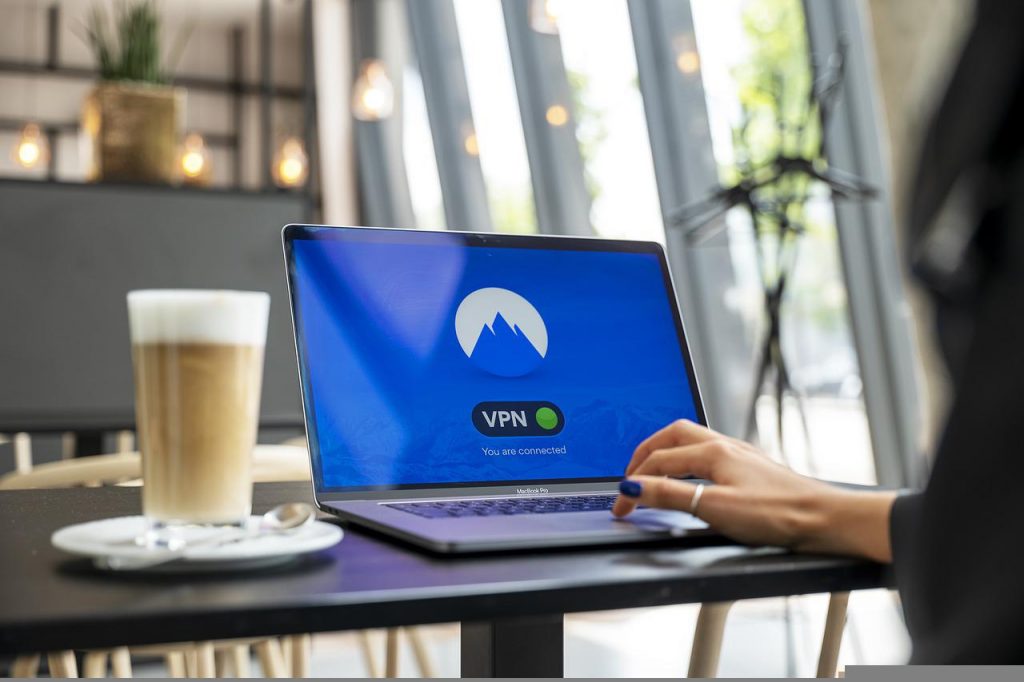
While cost is not more important than encryption protocols, for example, it’s still a good thing to look for when buying a VPN service.
Some services will offer a free trial period, but most will require that you pay for a subscription before you can use the service.
Most services offer monthly plans and some even offer yearly plans.
The price range is usually between $5 and $10 per month or $50 to $100 per year which is pretty reasonable considering all of the benefits that come with using a VPN service.
You may also want to consider whether or not they have any special discounts or promotions going on at the moment as this could save you money. For example, NordVPN is having a limited deal right now where you can save a lot of money if you opt for a longer plan in advance.
Conclusion: What To Look for When Buying a VPN?
Hopefully, this has given you a good idea of what to look for when deciding which VPN you’d like to purchase.
Take the time to research each VPN service in detail (see our recommended VPN list) and find one that suits your needs.
Use their money-back guarantee to test the service and see if it works well in your country.
Ultimately, you will want to find a VPN provider you can trust to protect your online privacy.

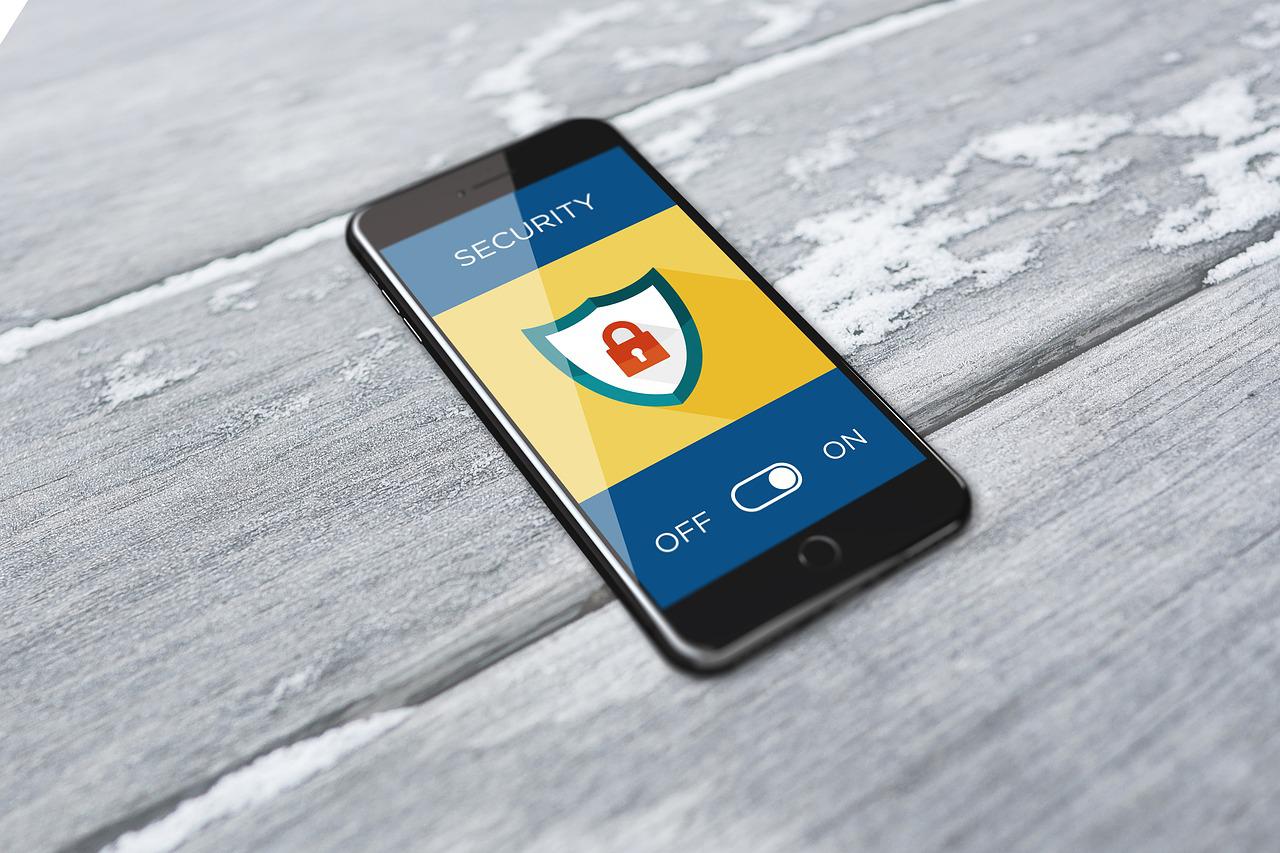

Cheers!